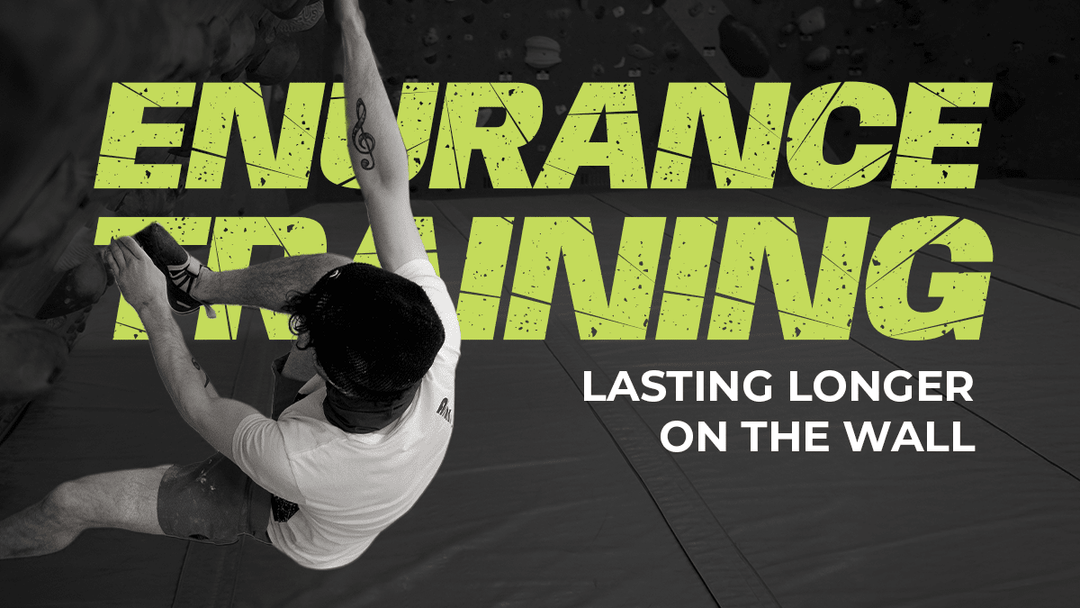Balancing Life and Competition Climbing

In comps, you will inevitably run into variables that you had not planned for that will force you to change your routine. For example, just a few weekends ago, at west coast divisionals, I was up first and only had 20 minutes to warm up. Although not ideal, I was able to limit my warm up to the bare minimum and still feel confident on the wall. Beyond my routine at the physical event, I’ve worked to develop similar eating, sleeping, and training habits. This familiarity and consistency between comps help me to relax and maintain focus when I’m at the comp.
So what does it take to succeed at comps? Is there a right or wrong way to prepare for climbing comps? In my opinion, there isn’t a single specific training sequence or program you can rely on. For me, training for a comp starts with a series of warm-up exercises and routines, including some “flexible time.”

These practices are great for familiar comps like regionals, divisionals, and nationals. That said, everyday routines don’t always help at brand new comps where there are unknown variables. Often, you have to learn on the spot in entirely new places.
A great example of this for me was both open ropes and bouldering nationals. It was my first time at either competition and my first time competing at that level. Before both comps, I watched the live stream videos of prior years’ comps. That is always a helpful technique I use to gain insight into the competition and format.
However, even with this preparation, it was hard not to be more nervous than usual. The last thing I try to do for new comps (as well as any comp) is to reflect on how it went. For new comps that might mean realizing you need to train harder or alter your warm-up time in ISO. Either way, there is always something you can learn that can be applied to the next competition.
In the past, people have asked me if it is hard to balance my climbing schedule with my school, friends, and life in general. To be honest, it hasn’t been a real problem so far. However, as I go into my junior year in high school, I expect that balance will become significantly more challenging with my increased training hours and school commitments.
That said, it’s always easy to find an excuse to climb. I’ve tried to balance it. I have sought to make my climbing schedule as consistent as possible, not only to improve my training but also as a way to fit in other activities.
My family travels a fair bit, so finding the odd climbing gym or crag in a new locale has been important for my training. As far as my growth outside of climbing, I have been fortunate to have coaches and friends that are always trying to expand their knowledge of different types of cross-training. This willingness to experiment with new exercises has certainly helped me, and it has expanded my awareness of all kinds of beneficial workouts. Personally, I love mountain biking, skiing, and yoga along with the occasional run. I think these other types of sports complement my climbing skills well, and they also help build different muscle groups. Even with how fun and meaningful climbing is for me, there comes the point where everybody needs a rest day. When that time comes, it is important to have other ways to enjoy nature and be active.
Ross is a Butora athlete and a has been on the U.S. national team five times (so far). Keep up with him on Instagram @ross.fulkerson




